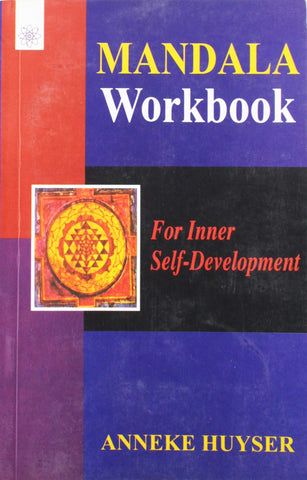Your cart is empty now.
The Speech of Gold: Reason and Enlightenment in Tibetan Buddhism" is a profound exploration of the philosophical, spiritual, and intellectual dimensions of Tibetan Buddhism, particularly focusing on how reason, logic, and rhetoric play roles in the path to enlightenment. The title likely refers to the idea that speech, especially in its most refined and eloquent forms, is a medium through which deeper truths, such as the nature of reality, can be expressed and understood.
Key Concepts Likely Covered:
-
Speech and Language in Tibetan Buddhism: Tibetan Buddhism, like many other spiritual traditions, holds that language has the power to convey profound truths. The concept of “speech of gold” could refer to the highest form of communication, where words transcend mere communication of thoughts and become vehicles of enlightenment. It also reflects the importance of Dharma teachings, which are considered precious and transformative.
-
Role of Reason (Pramana) and Logic: Tibetan Buddhism places a significant emphasis on reason and logic, especially in the tradition of the Pramana or valid cognition. Buddhist philosophy often includes complex dialectical reasoning to break down ignorance and establish a clear view of the nature of reality. Tibetan scholars such as those from the Gelug school, including figures like Tsongkhapa, developed rigorous systems of logic to clarify Buddhist doctrines, particularly the nature of emptiness and dependent origination.
-
Enlightenment (Bodhi) and its Relationship with Knowledge: The pursuit of enlightenment in Tibetan Buddhism is intricately linked to the cultivation of wisdom (prajna) and the dispelling of ignorance. Wisdom here is not just an intellectual understanding but a direct realization of the ultimate truth, often attained through meditation and study. The “speech of gold” could also be a metaphor for the kind of insight that leads to liberation from suffering and the cycle of samsara.
-
The Role of Teachers and Oral Tradition: In Tibetan Buddhism, teachings are often passed down orally and through a lineage of masters. The “golden speech” might be an idealized way of describing the clarity and transformative power of these teachings when they are transmitted from teacher to student. The relationship between a master and a student in Tibetan Buddhism is sacred and often involves highly detailed and nuanced philosophical discussions.
-
The Debate Tradition: Tibetan Buddhist scholars have a long tradition of engaging in philosophical debates to explore and refine their understanding of Buddhist teachings. These debates, grounded in logic and reasoning, are not just intellectual exercises but are believed to sharpen the mind and lead to a deeper understanding of the nature of reality and the path to enlightenment.
Cultural Context:
Tibetan Buddhism is distinctive in how it integrates reason, meditation, and devotion. Philosophical study is often intertwined with the practice of meditation, and wisdom is seen not as separate from experience but as something to be realized through direct insight and reflection. Tibetan Buddhist monasteries have been traditional centers of learning where monks engage in extensive study of Buddhist philosophy, logic, and texts such as the Pramana literature and commentaries on Buddhist sutras.
Delivery and Shipping Policy
- INTERNATIONAL SHIPPING
- Rs.1000-1100/kg
- ESTD. Delivery Time: 2-3 weeks (depending on location)
- Bubble Wrapped with Extra Padding
- NATIONAL SHIPPING
- NCR: Rs. 30/half kg
- Standard: Rs. 80/half kg
- Express shipments also available on Request
- ESTD. Delivery Time: Ranging from 1-4 days up to 7 business days (Depending on your choice of Delivery)
- TRACKING
- All orders; national or international, will be provided with a Tracking ID to check the status of their respective orders
- Depending on the Shipping Service, Tracking ID may be used on their respective tracking portals
Frequently Asked Questions (FAQs)
Domestic Shipping: 3-4 Days (after shipping)
International Shipping: 1-2 weeks (based on your location)
You will receive an email once your order has been shipped or you can email us if you didn't receive tracking details (info@mlbd.co.in)
Every book that we sell is the latest edition except all the rare books
Yes, we do provide free shipping, only on domestic orders (within India) above Rs.1500







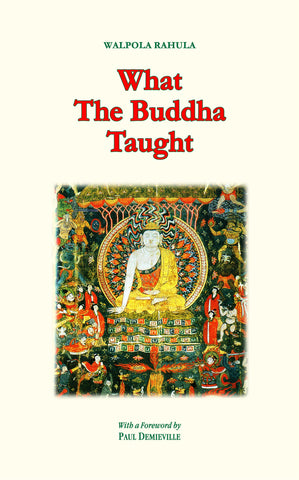
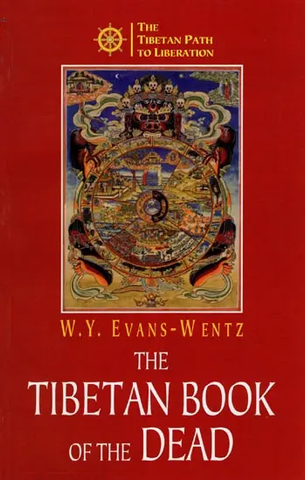
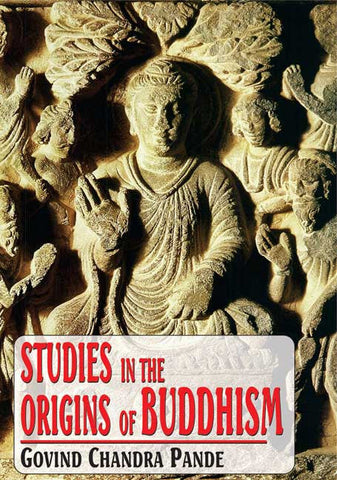
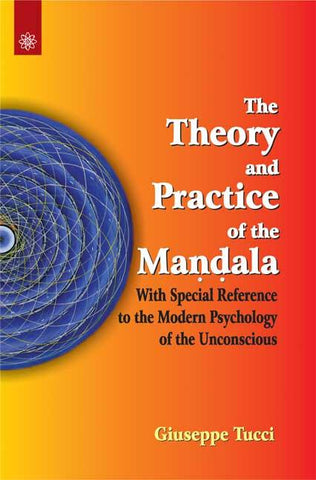
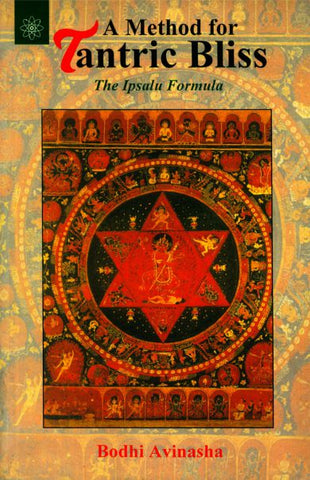
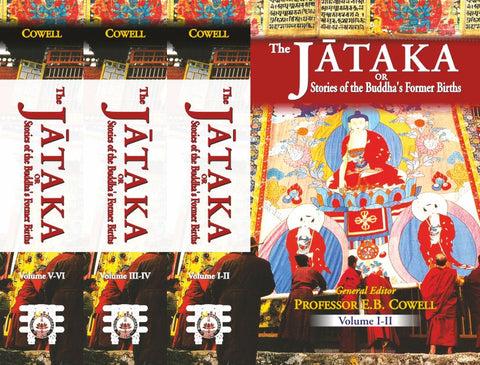
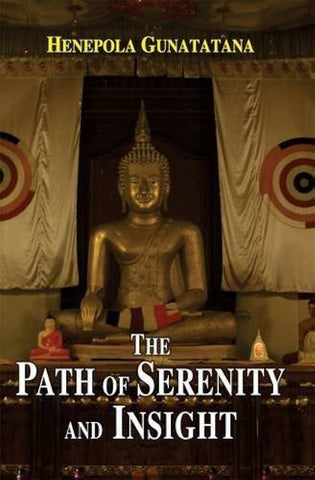
![The Rishukyo [Buddhica Britannica Vol.3]: The Sino-Japanese Tantric Prajnaparamita in 150 Verses (Amoghavajra's Version)](http://www.motilalbanarsidass.com/cdn/shop/products/RISHUKYO_large.jpg?v=1675417651)
